Question
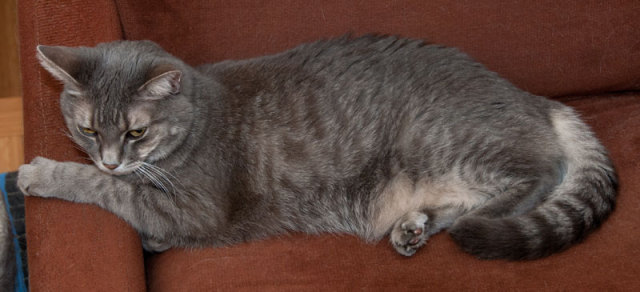 Molly
Molly
Dear Jana,
I wrote you near the end of February when we close to taking one of our cats to be treated for hyperthyroidism. You seemed surprised that she would have this condition at her age and that several of our cats had the disease over the years.
We now believe she might be closer to 5 years old but that is still relatively young.
She was taken to the University Of Tennessee College Of Veterinary Medicine Small Animal Clinic for radioiodine treatment. While there, the attending vet asked if we wanted to be part of a study she is doing on hyperthyroidism. Her study is focused on diet. Of course, we took part in her study. Surprisingly, more people do not participate than do! The doctor believes there is an increase in numbers of housecats affected by hyperthyroidism, including cats not yet considered in old age. We wish her well with the research.
As for us, I am going to have our little house tested for radon gas. A high level will give us reason to vent the basement and reduce exposure to cats and us alike. Lung cancer is the main concern from radon in humans but who really knows how this affects indoor cats.
I am writing more of a report than a question but perhaps what I say and what comments you add will be of value to other pet owners. As for the radioiodine treatment, the cat receives a subcutaneous injection of the iodine isotope and the material concentrates in the thyroid tumor which causes the condition. This essentially kills the tumor, leaving good thyroid in working order. A few months might be required to get back to normal thyroid activity. As with other medical treatments, no guarantee comes with the treatment. Overdone, the cat will need supplemental treatment from then on. Underdone, the cat may need another radioiodine treatment. So far, every cat treated from this family has done very well. The thyroid normalizes and so does the cat, including reducing the extra load on heart and kidneys brought on by excess hormone.
For anyone who might wonder, radioiodine is a costly hyperthyroidism treatment; however it is a one time cure when all goes well. No thyroid meds are needed. Treatment with pills and dermal meds will cost less in the short run for sure but are needed regularly for the term of the cat. At the clinic we used, the kitty was at the center for right at 9 days, mostly in isolation. The cost totaled at slightly more than $1300 USD. There will be the cost of blood tests to confirm effects of the treatment at 1 month then at 3 month intervals up to 1 year.
Jana, folks have suitable options for treatment. We are not wealthy and I lost a job the last day of December. Still, for us radioiodine was the way to go. We only wish pet owners would be aware of symptoms of this disease. Hyperthyroidism may be effectively controlled early on with radioiodine, pills or dermal gel. Untreated, the cat is in trouble and other serious conditions may be hidden or disguised by the thyroid condition.
Thanks for hearing me out with this overly long epistle. : ) Thomas.
AnswerHi Thomas,
I am very glad that Molly is doing so well and I do appreciate that you wrote this and posted it. Our nearest veterinary university is US Davis and they have the same treatment option here, but as you said, few people take it. I am guessing it is a lot more than $1300 here and cost is a factor for most people.
If more people bought pet insurance this option would probably be used more often.
Hopefully your experience will help others make a more informed decision about treating this disease.
Thanks Thomas!


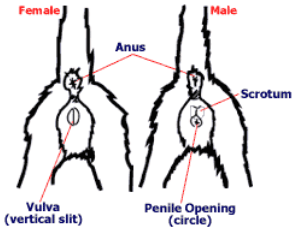 kitten not using litter box, but sleeps in it
QuestionHi. We just got a new kitten. It is 9 weeks old
kitten not using litter box, but sleeps in it
QuestionHi. We just got a new kitten. It is 9 weeks old
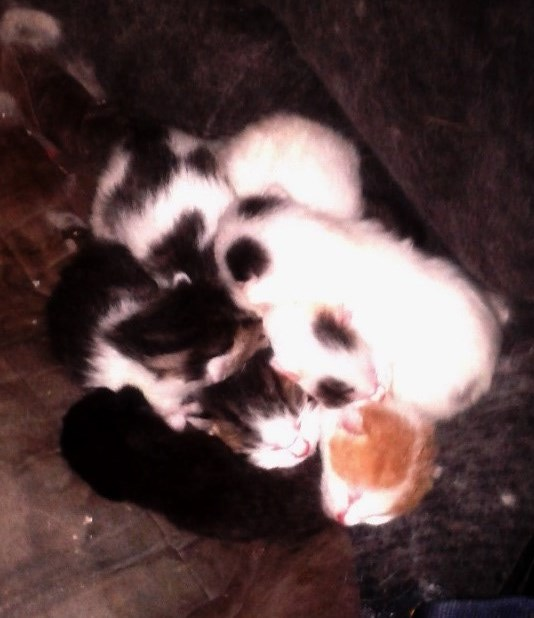 Young male, female and newborn kits
QuestionQUESTION: Greetings,
I have a stray male and a
Young male, female and newborn kits
QuestionQUESTION: Greetings,
I have a stray male and a
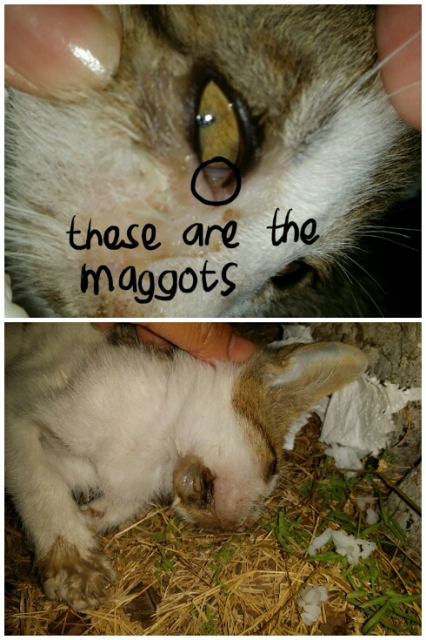 Information
Question
MY BABY
Hello there. I was just a conce
Information
Question
MY BABY
Hello there. I was just a conce
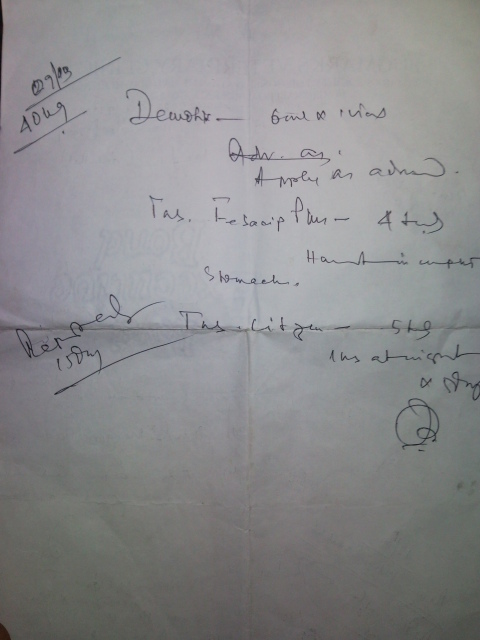 A Major Skin Rash : Please Help
Question
SNC00024.jpg
Sir,
I have a White Female Labra
A Major Skin Rash : Please Help
Question
SNC00024.jpg
Sir,
I have a White Female Labra
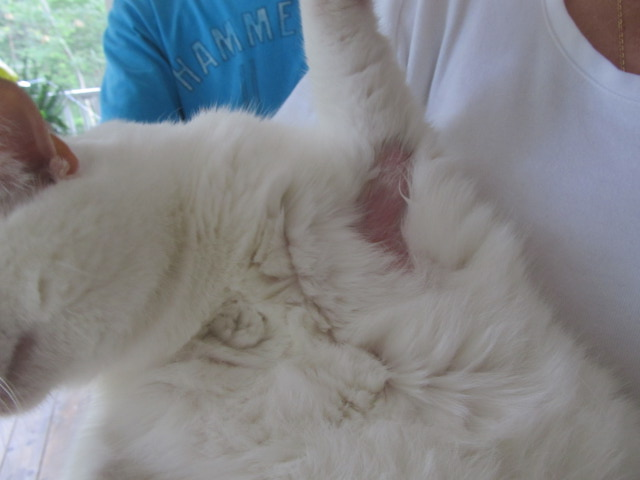 cat skin problem
Question
Clawdia
Hi, Thank you for answering my
cat skin problem
Question
Clawdia
Hi, Thank you for answering my